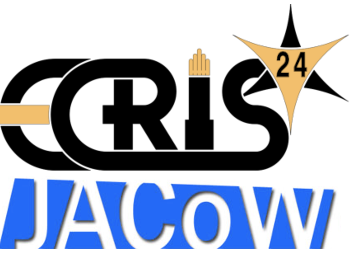Speaker
Description
Electron Cyclotron Resonance (ECR) Ion Sources are widely used as the first stage of high energy (MeV – GeV) accelerators providing ion beams for versatile research fields including nuclear and particle physics. However, in the Atomki the 2nd generation 14 GHz ECR ion source operates as a standalone device opening the possibility to develop research areas requiring low energy ion beams in the range of 0.5 keV – 100 keV. One of this research fields is called astrochemistry. Astrochemistry has been the recipient of continuously increasing interest in the last few decades. The relevance of interstellar molecules to the emergence of life is strong motivation for better comprehending the astrochemical mechanisms leading to their formation and destruction. For this purpose, a new beamline and a special experimental chamber AQUILA (Atomki-Queen’s University Ice Laboratory for Astrochemistry) were installed and commissioned recently to the Atomki ECRIS. AQUILA has been purposefully designed to study the chemical evolution of ices analogous to those that may be found in the dense interstellar medium or the outer Solar System as a result of their exposure to low energy ion beams. In this contribution the carefully designed ion transport system, the way of the well-controlled irradiation methods and also the main features of the AQUILA analytic system will be presented.
| I have read and accept the Privacy Policy Statement | Yes |
|---|
